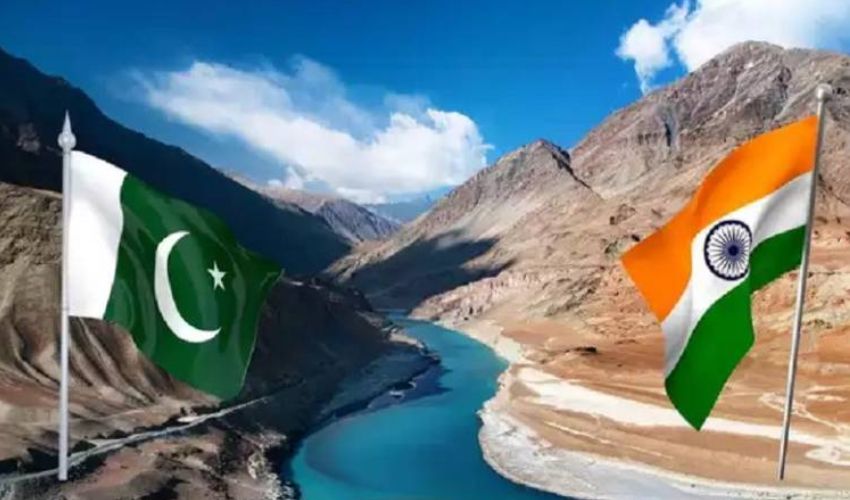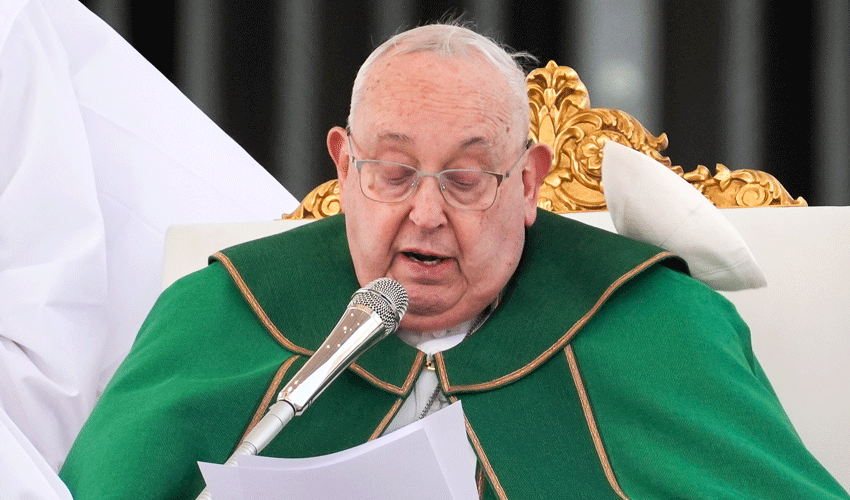The treaty, signed on September 19, 1960, in Karachi, was brokered by the World Bank to establish a permanent mechanism for resolving water-related disputes between the two countries. It was signed by Pakistan’s President Ayub Khan and India’s Prime Minister Jawaharlal Nehru, with the then-President of the World Bank present at the ceremony.
Under Article 12 of the treaty, its terms are permanent and cannot be amended without mutual consent. The treaty allocated the eastern rivers—Ravi, Sutlej, and Beas—to India, while Pakistan was granted exclusive rights over the western rivers—Chenab, Jhelum, and the Indus. Analysts believe that while India may have limited storage capacity at hydroelectric projects like Salal and Baglihar on the Chenab River, it is not enough to block water flow to Pakistan. Similarly, the storage at Kishanganga Dam on the Jhelum River is also insufficient to disrupt Pakistan’s water supply.
Sources in Pakistan’s Federal Ministry of Water Resources have indicated that Islamabad is considering writing to the World Bank, the treaty’s guarantor, to raise concerns over India’s actions. If India refuses to comply, Pakistan may exercise its right as a lower riparian state to reclaim its share of 26 million acre-feet of water from the eastern rivers.



























